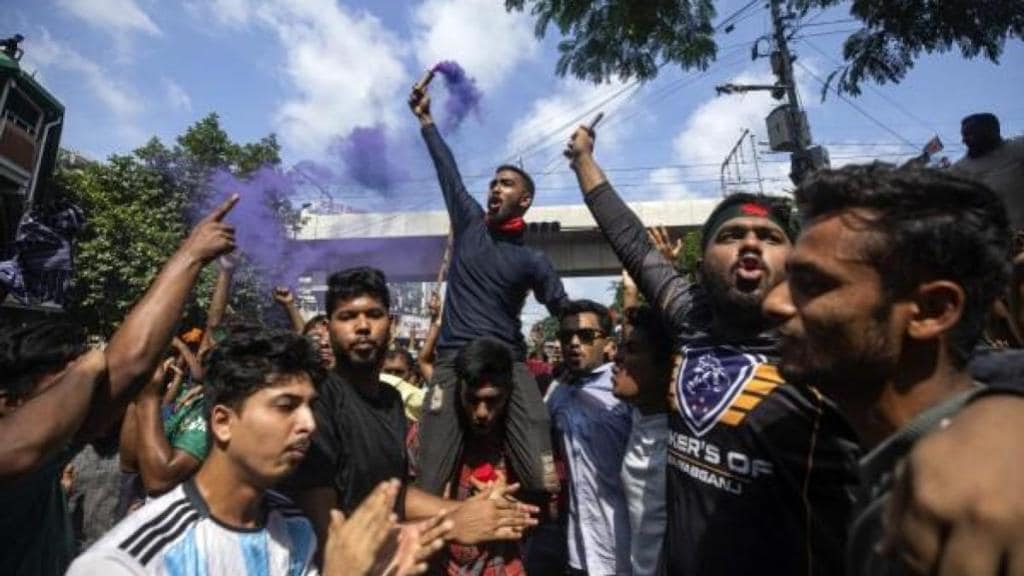Bangladesh reopened all educational institutions, including universities, secondary schools and colleges, on Sunday, following more than a month of closure due to student-led protests that led to the ouster of Prime Minister Sheikh Hasina.
The institutions had been closed indefinitely since July 17 as a safety measure after clashes erupted during protests demanding reforms to the job quota system.
The Ministry of Education issued a directive on Thursday to reopen schools and colleges under its jurisdiction. On August 18, all institutions resumed academic activities. According to Somoy Television, a Bengali news channel in Dhaka, a notification signed by Deputy Secretary Mosammat Rahima Akhtar instructed, “All concerned are to take necessary steps to restart classes from August 18, following Chief Adviser Muhammad Yunus’s orders.”
The Daily Star reported that school students in uniform were seen returning to their institutions, with many accompanied by guardians. The reopening also caused heavy traffic congestion across Dhaka.
In Bangladesh, the working week runs from Sunday to Thursday. Classes were initially planned to resume on August 4 for all government primary schools, except in the 12 city corporations and Narsingdi municipality, but this date was postponed.
Meanwhile, the postponed Higher Secondary Certificate (HSC) and equivalent exams will now take place starting September 11, concluding by October 23 according to the revised schedule.
Public universities have remained closed since July 1 due to a teachers’ strike protesting a new pension scheme. Although educational institutions were declared open on August 7 after the Sheikh Hasina government fell on August 5, low student attendance delayed the full resumption of academic activities.
With inputs from PTI


